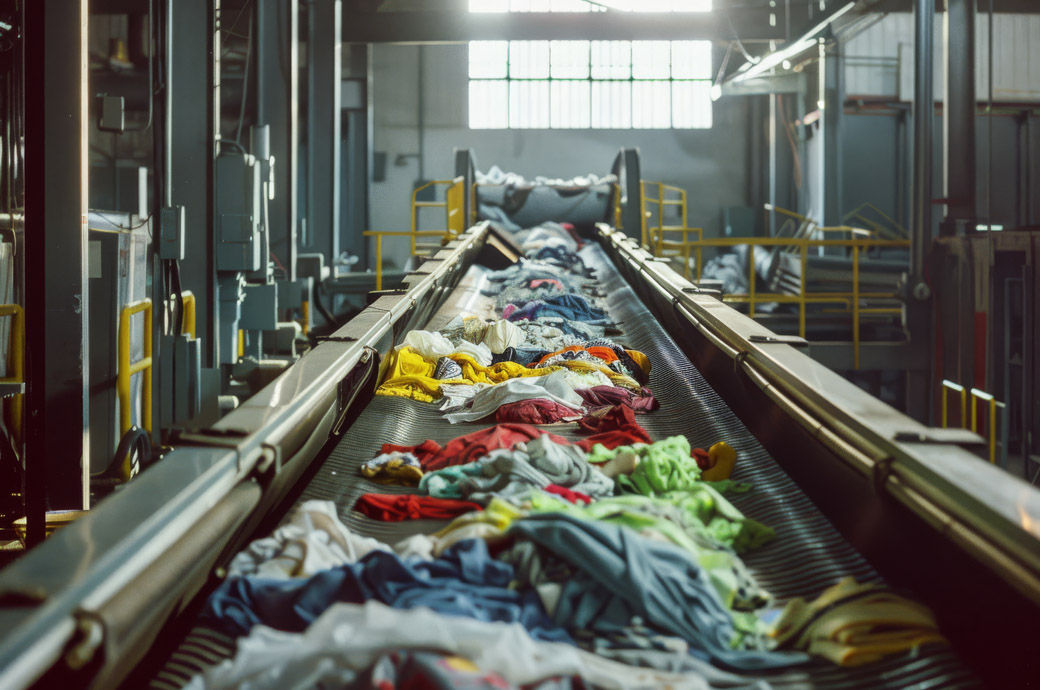
An enabling policy framework could create millions of jobs in the recycling industry and reduce Bangladesh's reliance on imports as well.
The discussion was organised under the 'SWITCH to Circular Economy Value Chains' project, co-funded by the EU and the Finland government led by United Nations Industrial Development Organisation (UNIDO).
Bangladesh Garment Manufacturers and Exporters Association, Global Fashion Agenda, BESTSELLER, Reverse Resources, Chatham House, Circle Economy, and the European Investment Bank also collaborated to organise the discusssion.
Ministry of commerce additional secretary and head of export wing Abdur Rahim Khan said textile waste was one of the major contributors to the last labour unrest and stressed the need for framing a policy for waste management.
Khan called for technology transfer, financing and a national strategy for circularity, according to domestic media reports.
The next five years would be crucial for Bangladesh's RMG industry, deputy head of EU Delegation to Bangladesh Bernd Spanier said.
Garment-producing countries must transition from the linear to circular production model to ensure that textiles are free of dangerous substances and are produced in an environmentally and socially responsible manner under the EU Strategy for Sustainable and Circular Textile, he noted.
The post-industrial regulatory framework is also essential because current frameworks, such as the National Environmental Policy, the Solid Waste Management Rules and the Bangladesh Labour Act, are not well aligned with emerging EU and international standards for circularity in textile manufacturing and waste management.
ALCHEMPro News Desk (DS)
Receive daily prices and market insights straight to your inbox. Subscribe to AlchemPro Weekly!